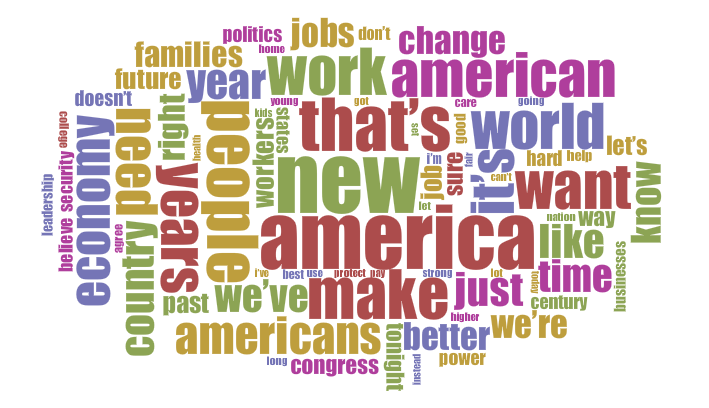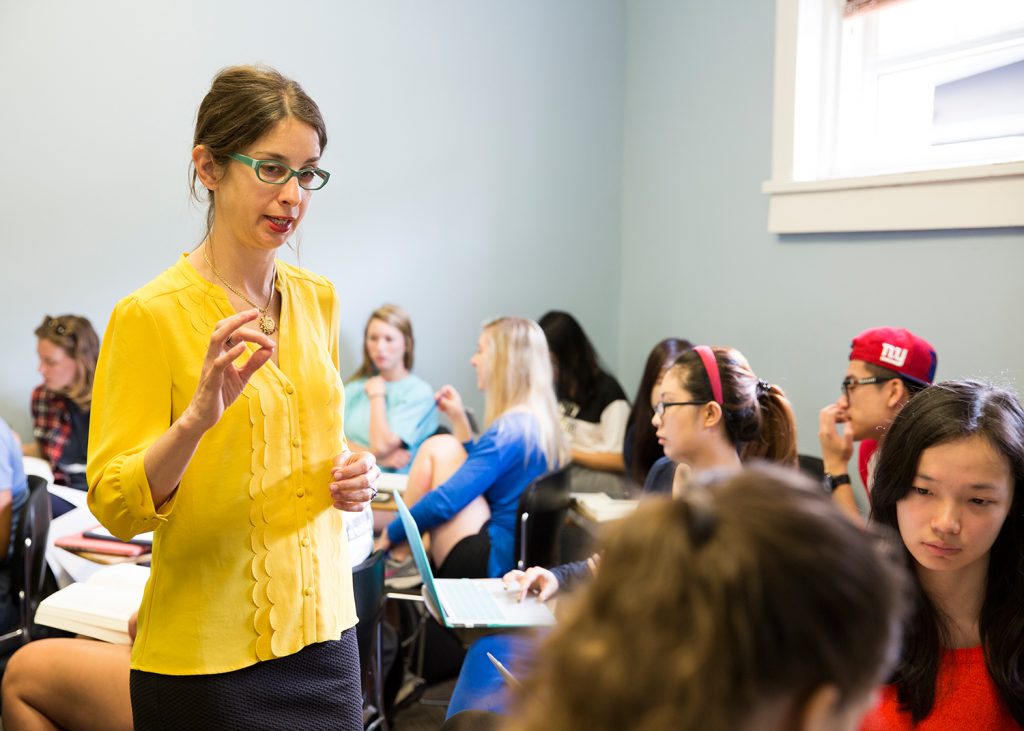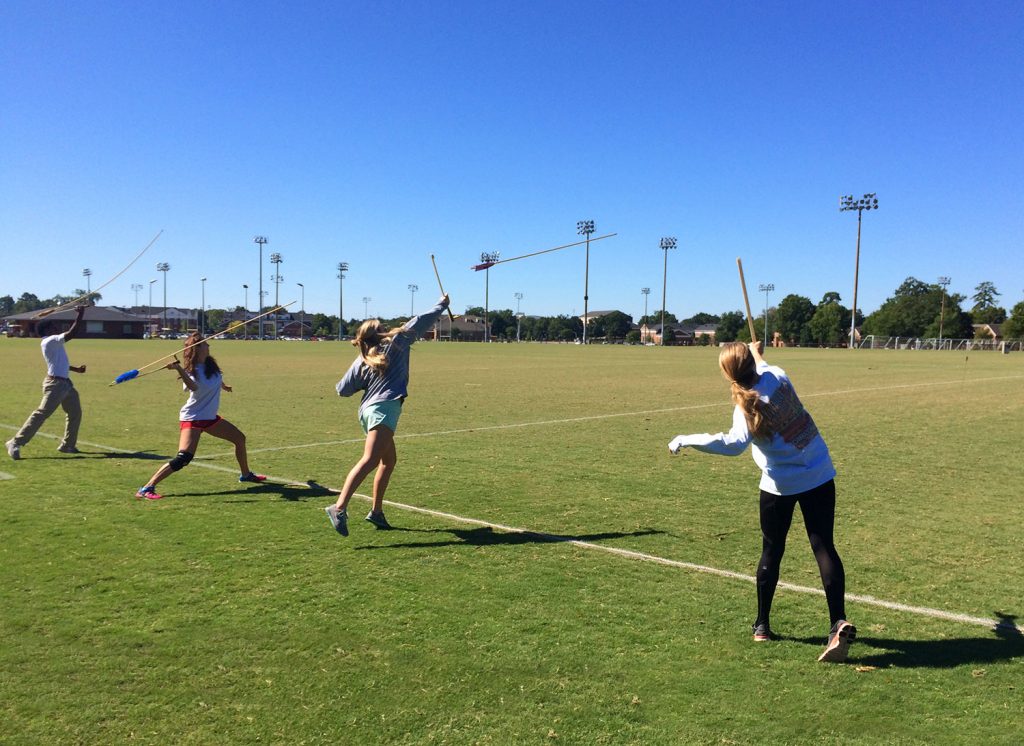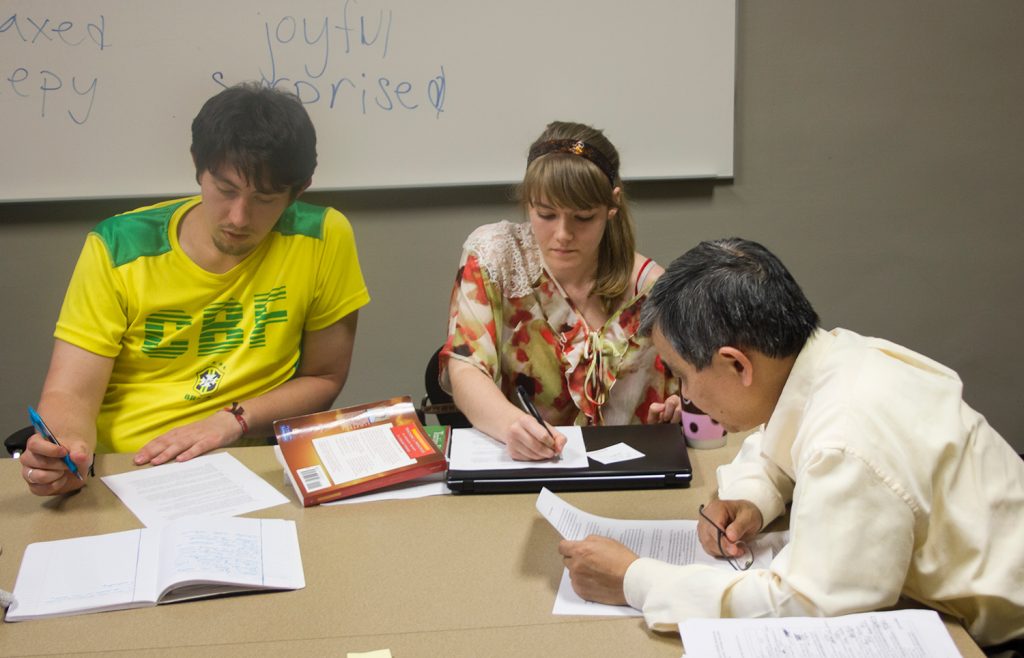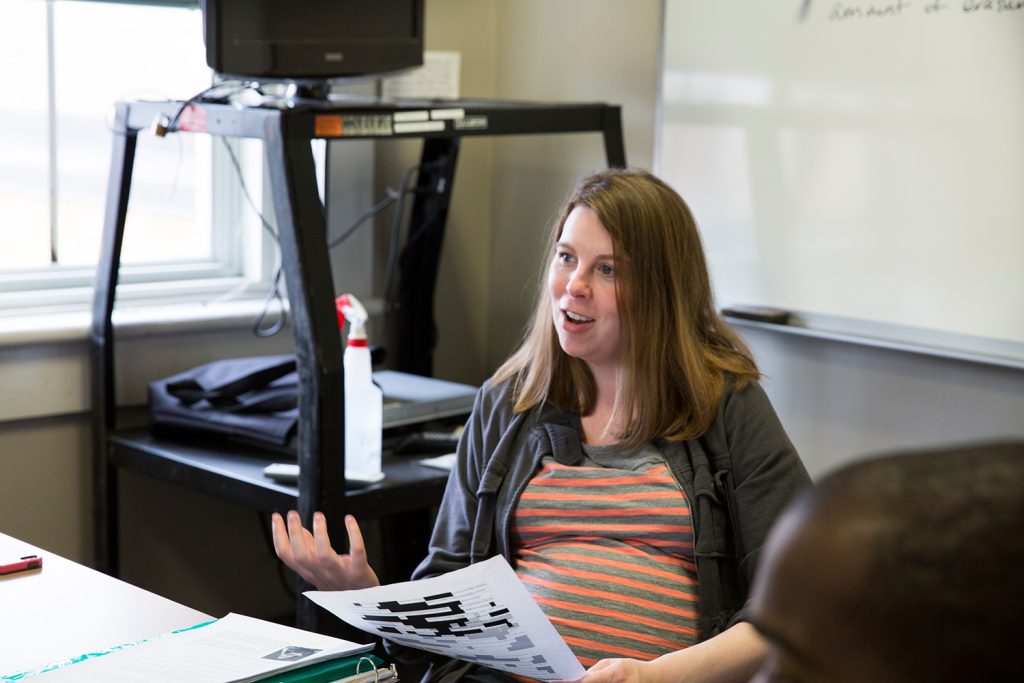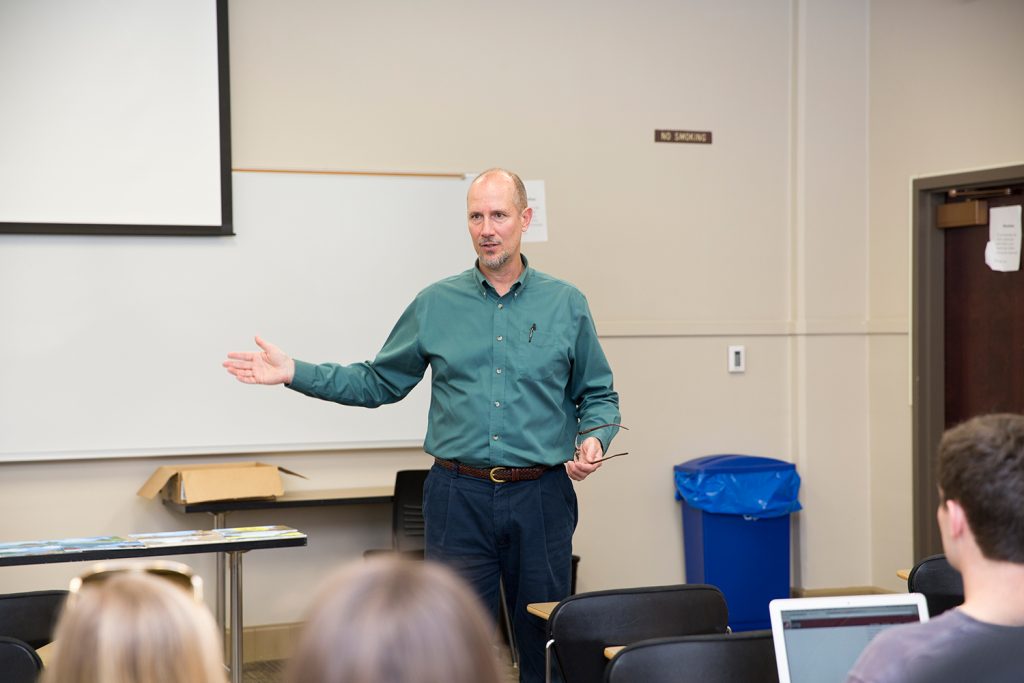by Jessica Porter, Office of Educational Technology (eTech) Whether you teach literature, history, or another text-heavy course, your students may benefit from the use of digital tools that enable them to dig deeper into a text and visualize its patterns and trends. Voyant Tools offers a suite of web-based tools that allow you to upload texts and perform basic text mining functions. The most popular item in the Voyant toolkit is Cirrus, a word cloud generator that displays words according to their frequency in a given text. The words that appear most often are […]
Voyant Tools for Basic Text Analysis
